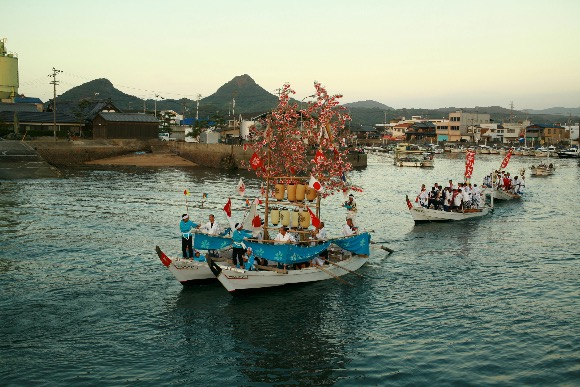Japanese National Holidays You Probably Haven’t Heard Of!
When most people think about public holidays in Japan, names like Golden Week, New Year’s, and Obon probably come to mind first. These are the well-known ones: the ones that fill train stations with travelers, bring families together, or spark large-scale celebrations.
But Japan actually has 16 national holidays throughout the year: a mix of widely celebrated dates and others that are much quieter. Some of these lesser-known holidays don’t get much attention, especially outside the country, and yet they often reflect values and rhythms that say just as much, if not more, about daily life in Japan.
Some of these holidays are more recent additions, like Mountain Day or Marine Day. Others, like Respect for the Aged Day, have deeper connections in how Japanese society views age and community. They may not all involve big events or public festivals, but each one marks something important: appreciation for nature, time for rest, or honoring those around us.
If you’re living, working, or interning in Japan, knowing about these Japanese national holidays will not only help you plan your days off but It’s also a chance to see what daily life pauses for, what’s quietly acknowledged across the country, and what that tells you about the culture as a whole.
🌊 Marine Day (海の日- Umi no Hi) — Third Monday in July
A Holiday Tied to Japan’s Maritime History
Marine Day might not be one of Japan’s oldest holidays, but it’s built on traditions that go way back. Before becoming a national holiday, it was known as Marine Memorial Day, first established in 1941 to commemorate Emperor Meiji’s 1876 voyage aboard the Meiji Maru, a steamship Japan had imported from Scotland. The trip marked a significant moment: it was the first time the emperor had traveled by sea on something other than a military vessel.
His route included stops around the Tōhoku region before returning to Yokohama on July 20, the date that later inspired the holiday.
Apart from its historical background, this holiday also honors Japan’s relationship with the sea. As an island nation, the ocean has always been central to life in Japan: for food, travel, trade, and connection.
From Memorial Day to National Holiday
Still, it took a while before it became an official day off, and it wasn’t until 1995 that Marine Day was officially designated a national holiday, and it became Japan’s first summer holiday when it was first celebrated in 1996.
A few years later, in 2003, the date was moved to the third Monday of July under the Happy Monday System, established to create more three-day weekends for workers.
How It’s Celebrated Today
There aren’t set traditions like you might see with other national holidays. Some people head to the beach; others visit aquariums or enjoy festivals in port cities. Even if you’re not near the ocean, you might see themed exhibits at aquariums or TV specials about Japan’s maritime history and connection to the sea.
If you’re interning in Japan or staying here around this time, it’s a great excuse to take a day trip to the coast, try some local seafood, or simply enjoy a quiet moment by the water. It’s not a flashy holiday, but once you know the story behind it, it adds another layer to how Japan connects with nature.
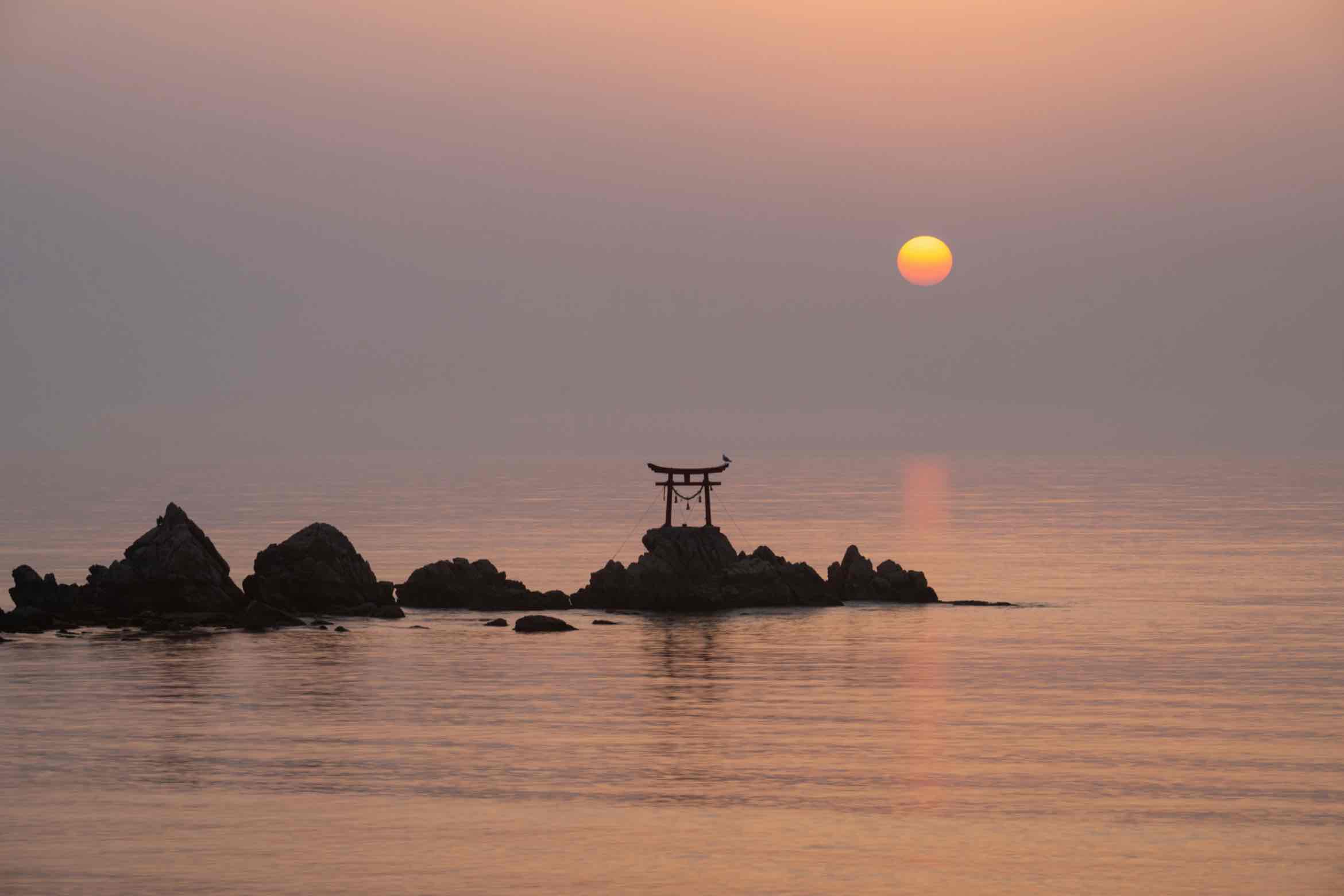
🗻 Mountain Day (山の日– Yama no Hi) — August 11
Why a Holiday for Mountains?
Japan is a country of mountains, literally. Around 70-80% of its land is mountainous, and from ancient mythology to modern hiking culture, mountains have always been deeply present in daily life and national identity.
Yama no Hi, or Mountain Day, was created to recognize that connection and give people a chance to appreciate the role mountains play in Japan’s geography, traditions, and everyday experiences.
But not only that, mountains in Japan are more than just beautiful landscapes or hiking destinations: they’ve also held spiritual meaning for centuries, especially in Shintoism, where natural elements like mountains, trees, and rivers are believed to be inhabited by spirits known as kami (God). And some mountains are considered sacred themselves, like Japan’s Three Sacred Mountains: Mount Fuji (富士山), Mount Haku (白山), and Mount Tate (立山), which have long been sites of pilgrimage and reverence.
The idea for the holiday came from nature-loving organizations like the Japanese Alpine Club and other environmental and outdoor groups who wanted to create a day that encouraged people to get outside, explore nature, or simply take a moment to reflect on the natural world around them.
Why August 11?
Mountain Day is actually Japan’s newest national holiday: it was established in 2014 and celebrated for the first time in 2016, and unlike many traditional holidays, it doesn’t trace back to a historic event or religious festival. Instead, August 11 was chosen for both symbolic and practical reasons: the kanji for 8 (八) resembles a mountain, and the number 11 can look like two trees standing side by side, together evoking the image of nature.
It also conveniently falls near Obon, a major summer holiday period in Japan. And while Obon is widely celebrated, it’s not an official national holiday, so Mountain Day helped fill that gap, since until it was introduced, August was the only month in Japan without a national holiday.
How It’s Celebrated
Since it’s still a newer holiday, there aren’t any strict traditions tied to Mountain Day, so how people celebrate really depends on where they are. In mountain towns and more rural areas, local governments sometimes organize festivals, hikes, or nature workshops. For others, it’s just a good excuse to go hiking, camping, or escape the heat by heading somewhere higher up.
Even if you’re in the middle of a big city, a lot of people still make the most of the day by visiting a park, going for a walk, or simply taking a break from their usual routine. Also, some schools or community centers might hold events about environmental protection or Japan’s mountain regions.
And if you’re doing an internship in Japan during Mountain Day, don’t worry, you don’t need to climb Mount Fuji to join in! There are plenty of escapes in or around Tokyo where you can still take part in the celebration. After all, this holiday is a reminder that not every national celebration needs to be tied to politics or ancient history: some are simply about slowing down, showing appreciation and reconnecting with the natural world around us.
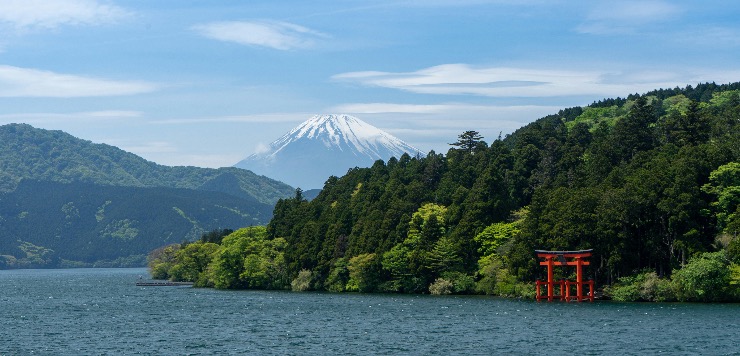
🧓🏻 Respect for the Aged Day (敬老の日– Keirō no Hi) — Third Monday in September
A Humble Beginning
This holiday is all about honoring and appreciating the older generations, a value that has always held importance across Japan. But interestingly, it didn’t start as a national event. The idea was born in a small town in Hyōgo Prefecture back in 1947, when local officials suggested a day to recognize the wisdom and contributions of the elderly.
It struck a chord, and over time, the idea spread across Japan until it was officially established as a national holiday in 1966 and celebrated every September 15.
How It’s Celebrated Today
Now held on the third Monday of September (thanks to the Happy Monday System), Keirō no Hi is a day when many people take time to visit older family members, check in on elderly neighbors, or simply show a little extra appreciation to the seniors in their lives.
Some communities even organize special events, like musical performances or dances by children, to bring generations together and celebrate the day. Others choose to volunteer, by helping prepare and deliver free lunch boxes to elderly residents in their neighborhood or by visiting nursing homes and hospitals.
Media Highlights and Traditions
You’ll also see media outlets getting involved and it’s common around this time for newspapers and TV shows to highlight stories about the country’s oldest citizens, especially centenarians, and to report on population trends in Japan’s aging society.
And here’s a fun fact: for many years, the Japanese government used to give silver sake cups to people who reached the age of 100. Eventually, they had to switch to a more affordable version to keep up with the growing number of centenarians, which just goes to show how many people in Japan are living long, full lives!
A Moment of Reflection
Sharing a meal, making time for a visit, or joining others in putting together something special for the community: Keirō no Hi is a gentle reminder to slow down and recognize the contributions of those who came before us. The day offers a meaningful opportunity to reconnect across generations and show appreciation for the kind of wisdom that only comes with time.
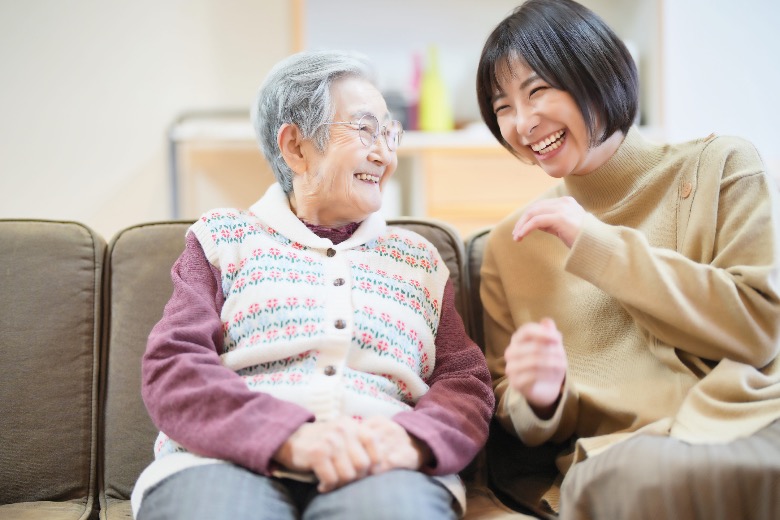
🤸 Sports Day (スポーツの日 – Supōtsu no Hi) — Second Monday in October
From the Olympics to Everyday Wellness
Sports Day has its beginning in a landmark moment in Japan’s modern history: the 1964 Tokyo Olympics. It was first established to commemorate the opening of the games, a symbol of Japan’s post-war recovery and reintroduction to the global stage.
The original holiday date was October 10, the day the Olympics began, but like many others, it was moved to the second Monday of October as part of the Happy Monday system to create long weekends.
A Day to Move Your Body
These days, the holiday is less about Olympic legacy and more about encouraging people of all ages to get active. In schools across the country, it’s often marked by undōkai (運動会), or sports festivals: full-day events where students participate in everything from relay races and tug-of-war to choreographed dances and group games. More than just fun days off, they’re designed to build teamwork and community spirit.
Outside of schools, local communities sometimes organize mini marathons, group exercise classes, or wellness events in parks and public spaces. And for many companies, Sports Day has become a casual reminder to promote work-life balance and employee health, encouraging staff to take a break, stretch, and reset.
Everyday Movement, for Everyone
If you’re interning in Japan during October, you might not find yourself running a relay race, but it’s still a good excuse to step away from your screen and go for a walk, join a local event, or simply take time to move your body. Tokyo has no shortage of open spaces for a quick jog or slow stroll: places like Yoyogi Park, the Imperial Palace loop, or even smaller neighborhood parks can offer a refreshing change of pace.
And if your company offers any kind of wellness initiative or group activity, even something simple like lunchtime stretching or a short yoga session, joining in can be a great way to bond with coworkers and feel part of the team.

More Than Just a Day Off
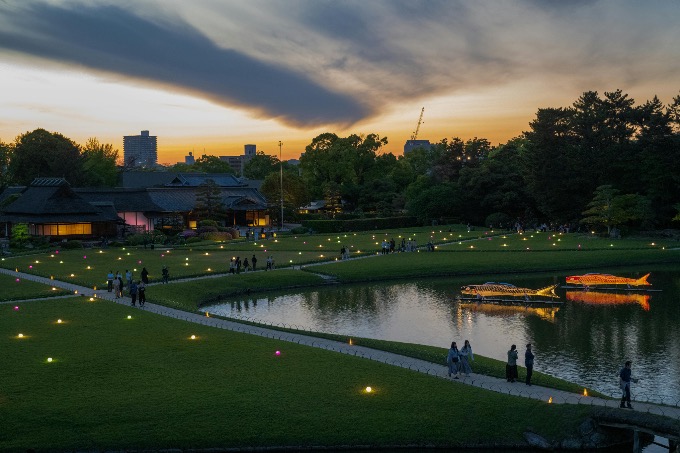
It’s easy to associate Japan with its most iconic moments like fireworks or temple visits at New Year. But look a little closer, and you’ll find that Japanese national holidays often also highlight a deeper connection to nature, community, and respect for others. These lesser-known holidays in Japan, especially, offer a different way of understanding the many aspects of what Japanese people consider important and worth celebrating.
That’s also what makes internships in Japan such a unique experience: through work and beyond, you get to experience firsthand the country’s core values and ancient history. A day off might lead you to a neighborhood festival, a seasonal custom, or simply a slower pace that reveals a different side of daily life.
Ready to Discover More Than Just the Big Holidays?
Internships in Japan don’t only offer you the opportunity to gain work experience, but they’re also a chance to see how people in Japan celebrate the smaller moments and stay connected to their values. If you’re ready to take the next step and experience this for yourself, apply now or get in touch with us to learn more about internship opportunities in Japan. We’re here to help you get started!

